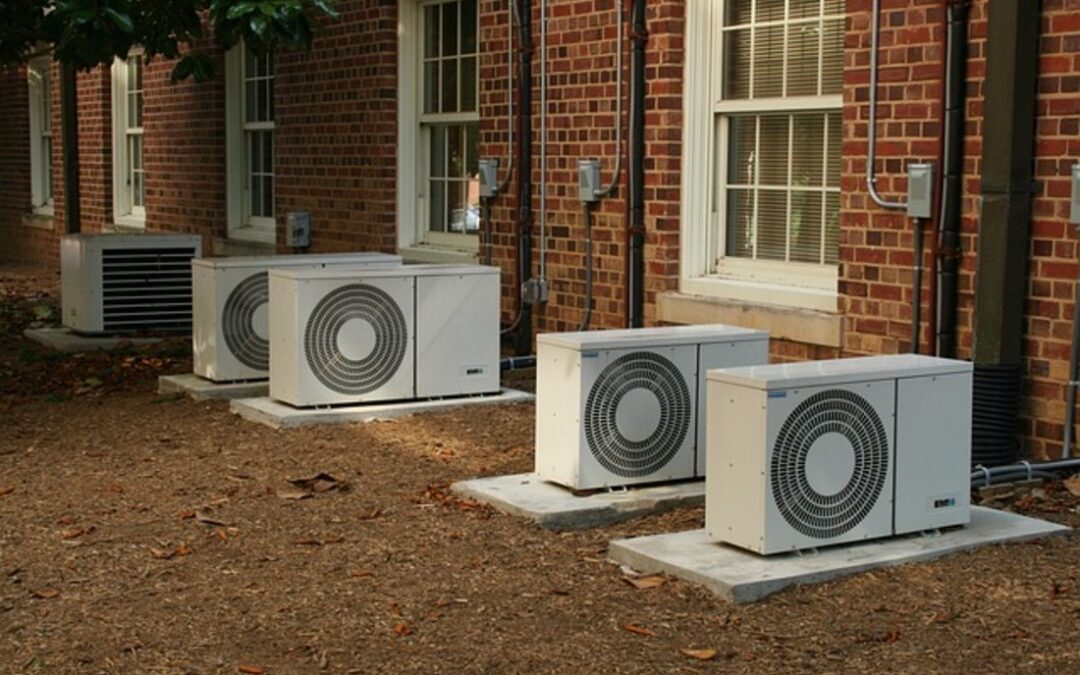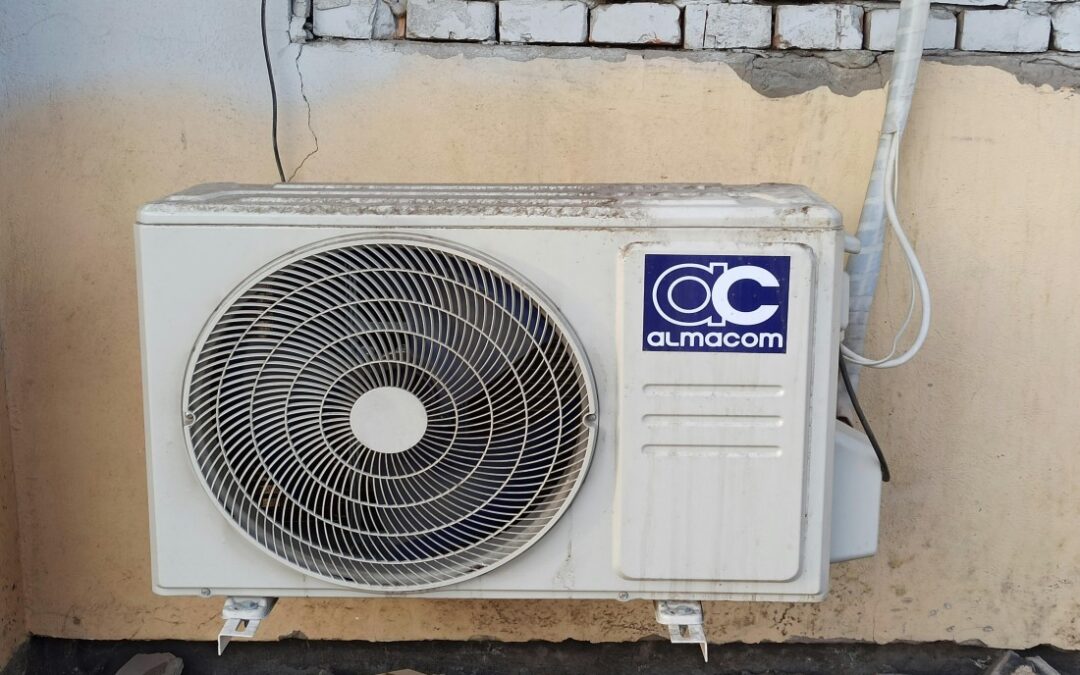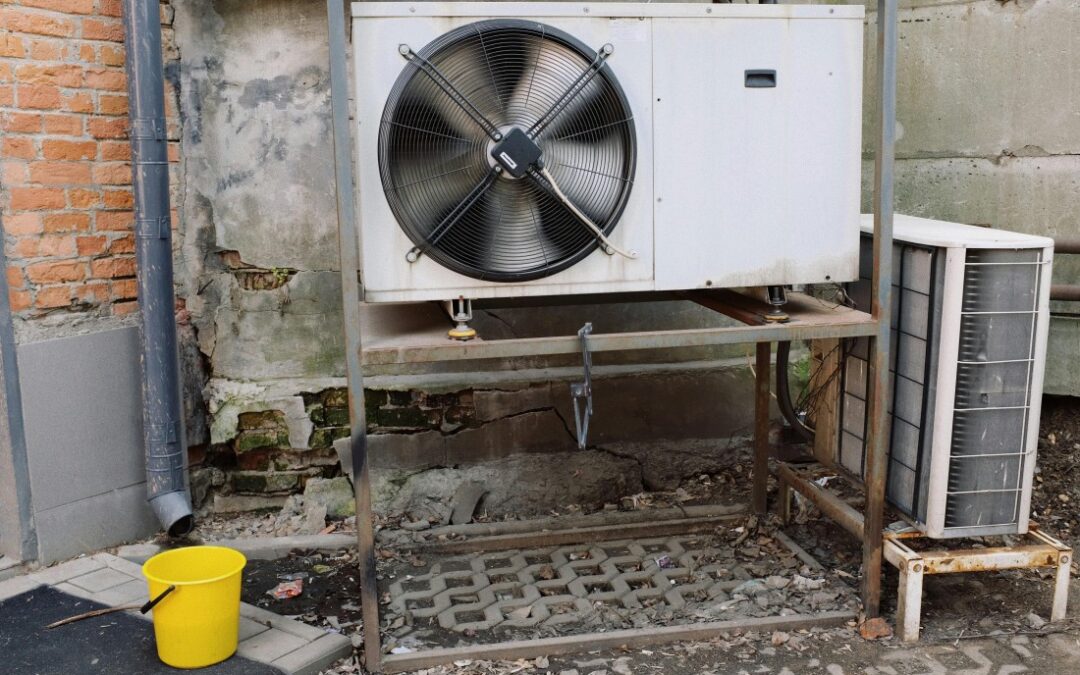What are the Signs that My HVAC System
Needs Repair or Replacement?
Your HVAC (Heating, Ventilation, and Air Conditioning) system is an essential component of your home or business, providing comfort and maintaining indoor air quality. Over time, wear and tear can occur, leading to the need for repair or replacement. But how do you know when it’s time to take action? In this blog, we will explore the signs that indicate your HVAC system may need repair or replacement.
Frequent Breakdowns:
If you find yourself calling for HVAC repairs more often than usual, it could be a sign that your system is struggling to perform efficiently. While occasional repairs are expected, frequent breakdowns indicate underlying issues that need attention. Continuous repairs can become costly, and it may be more practical to consider replacing the system, especially if it’s nearing the end of its lifespan.
Inconsistent Performance:
Have you noticed inconsistent heating or cooling throughout your space? Uneven temperatures between different rooms or floors can be a sign of HVAC system problems. It could indicate issues with ductwork, air distribution, or even equipment malfunction. An HVAC professional can assess the situation and determine the best course of action to restore proper and consistent performance.
Rising Energy Bills:
If you’ve noticed a significant increase in your energy bills without a corresponding change in usage, it may be a signal that your HVAC system is not operating efficiently. As systems age, they can become less efficient, leading to higher energy consumption. Additionally, if your HVAC system is struggling to maintain the desired temperature, it may run for longer periods, further increasing energy costs. In such cases, upgrading to a more energy-efficient system can help reduce your energy bills in the long run.
Strange Noises or Odors:
Unusual noises or odors coming from your HVAC system should not be ignored. Banging, clanking, grinding, or squealing sounds may indicate loose or worn-out parts, while foul odors can suggest mold, mildew, or other issues within the system. These signs could be indicative of mechanical problems, airflow issues, or even potential health hazards. It’s important to have a professional HVAC technician diagnose the problem and recommend appropriate repairs or replacements.
Age of the System:
The age of your HVAC system is a significant factor in determining whether it’s time for repair or replacement. Most HVAC systems have an expected lifespan of 10 to 15 years, depending on maintenance and usage. If your system is approaching or exceeding this timeframe, it may be more cost-effective to invest in a new system rather than continuously repairing an aging one. Newer systems are often more energy-efficient and come with improved technology, providing better performance and savings in the long run.
Decreased Indoor Comfort:
If you’ve noticed a decline in indoor comfort, such as rooms feeling too hot or too cold, it may indicate that your HVAC system is struggling to maintain the desired temperature. This can be due to various factors, including equipment malfunction, inadequate insulation, or improper system sizing. An HVAC professional can evaluate your system and recommend appropriate repairs or replacements to restore optimal comfort levels.
Poor Indoor Air Quality:
Your HVAC system plays a crucial role in maintaining indoor air quality. If you notice an increase in dust, allergens, or humidity issues, it could be a sign that your system is not effectively filtering or dehumidifying the air. Poor indoor air quality can lead to respiratory issues, allergies, and discomfort. Upgrading to a system with improved air filtration capabilities or adding additional air purifiers can help address these concerns.
It’s important to note that while these signs can indicate HVAC system issues, a professional assessment is necessary to accurately diagnose the problem and determine the best course of action. An experienced HVAC technician like LockeyAir can evaluate your system, identify any underlying issues, and provide recommendations tailored to your specific needs and budget.
Regular maintenance and inspections are also crucial in prolonging the lifespan and performance of your HVAC system. Scheduling annual maintenance with an HVAC professional can help identify and address minor issues before they escalate into major problems.
In conclusion, paying attention to the signs that indicate your HVAC system needs repair or replacement can help you avoid discomfort, unnecessary expenses, and potential health risks. If you notice frequent breakdowns, inconsistent performance, rising energy bills, strange noises or odors, aging equipment, decreased comfort, or poor indoor air quality, it’s advisable to consult with an HVAC professional for a comprehensive assessment and appropriate solutions. Investing in a well-functioning HVAC system ensures a comfortable and healthy indoor environment for you and your loved ones.

How Often Should You Service Your AC in Belton, Texas?
Let’s be real about Belton summers for a minute. That heat isn’t just uncomfortable; it’s relentless. From those humid June….

Why Homeowners in Central Texas Are Switching to Ductless Systems
You know exactly how it is here. Summer rolls in, you turn the AC down low, and what happens? The living room gets frosty…

Is Your HVAC System Costing You Too Much? A Smart Thermostat Might Be the Fix
Man, opening that monthly energy bill can feel like a punch in the gut, can’t it? You look at the number for your heating…

How Smart Thermostats Improve HVAC Performance and Reduce Bills
Let’s be honest. For most of us, the thermostat is that thing on the wall we poke at when we’re too hot or too cold…

Why Regular HVAC System Maintenance Is So Important in Central Taxes
Let’s be real. Around here, from around San Angelo to over to Waco and down through Austin, we have a special relationship with our air conditioning…
